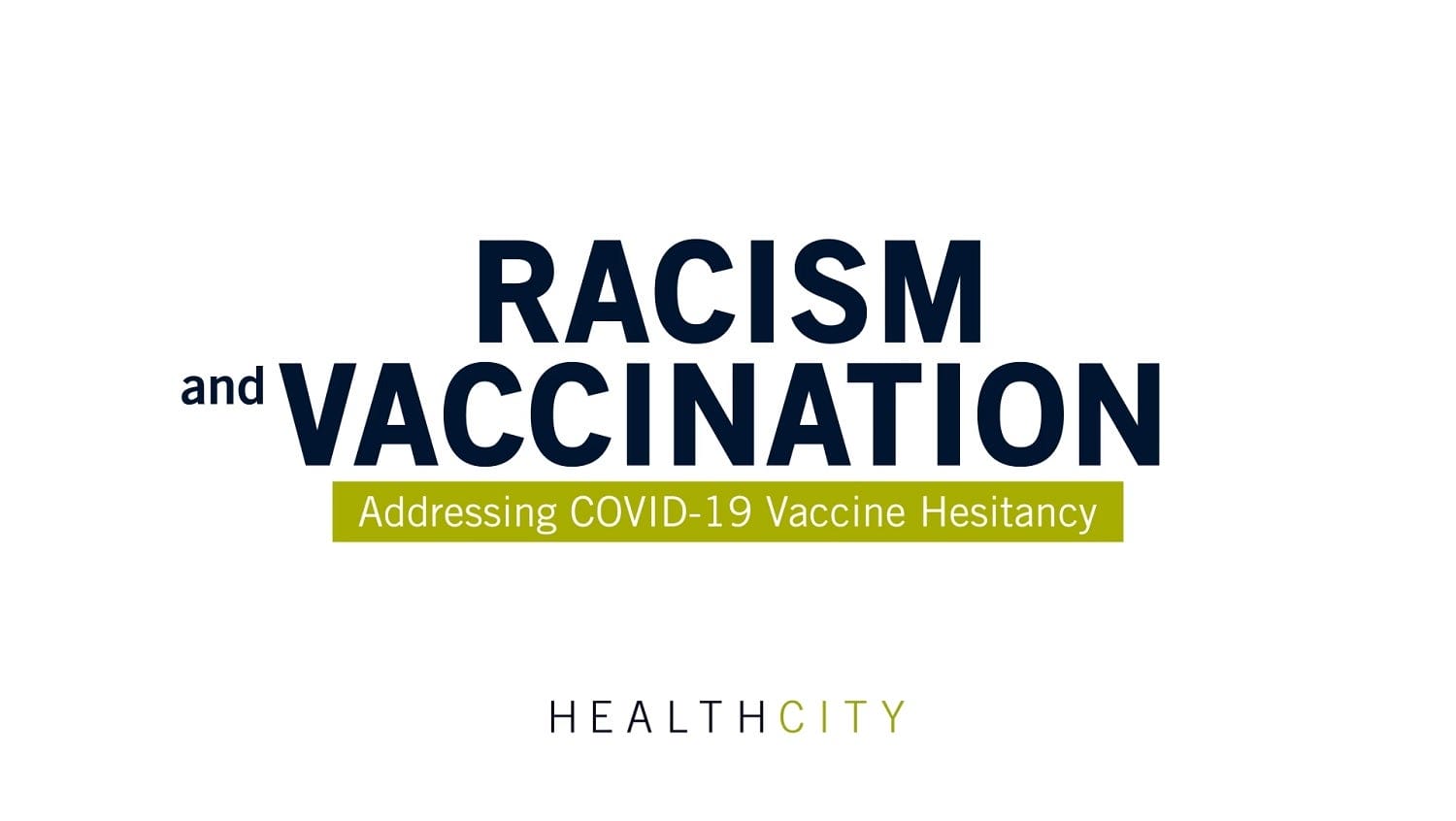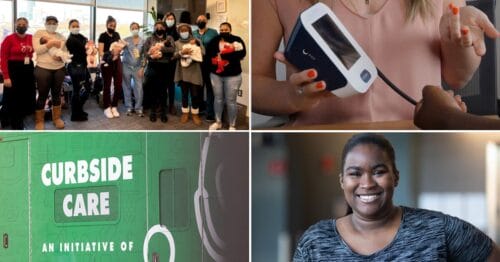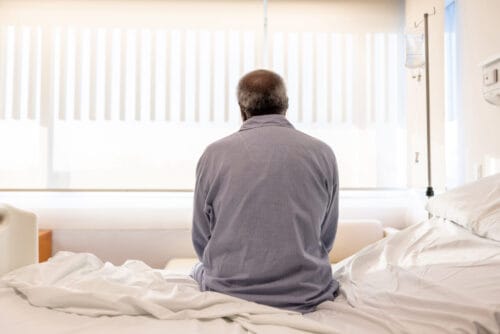Trauma, COVID-19 Vaccine Concerns, and the Way Forward
January 6, 2021

Boston Medical Center
Communities who have suffered most from COVID-19 also stand to benefit most from vaccination, says Anthony Fauci.
Vaccination is a vital strategy for ending the COVID-19 pandemic. But to achieve herd immunity, a significant portion of the population will need to be vaccinated.
“If it was available today, would you take the vaccine?” Reverend Liz Walker asked viewers at a recent panel event hosted by the Cory Johnson Program for Post-Traumatic Healing at the Roxbury Presbyterian Church in Boston, Massachusetts. The community-facing virtual event also featured NIAID director Anthony Fauci, MD, Boston Mayor Marty Walsh, and Reverend Gloria White-Hammond, MD to discuss vaccine safety concerns, trauma, and coping.
In a live poll, nearly 40% of viewers expressed resistance to the vaccine, in keeping with national surveys. A deep-seated mistrust of the medical establishment, rooted in systemic racism and historical mistreatment, means a sizeable majority of Black Americans express vaccine hesitancy. And that poses a significant challenge, according to Fauci.
“If we don’t stop this outbreak, we will have an extraordinarily large number of deaths. That’s the reason why vaccines are so important,” he said.
Understanding COVID-19 vaccine concerns
Skepticism of getting the COVID-19 vaccine is high in communities of color, panelists explained, and it stems from legitimate concerns based in common experience.
“Any number of African Americans or people of color can tell you about an experience that they had trying to get care,” said White-Hammond. “I certainly have stories of people who had unfair treatment in the course of trying to get care for COVID-19. So that suspicion persists, and it translates to this vaccine as well.”
Walker similarly expressed that healthcare, like the education and criminal justice systems, is not well aligned with the experiences or needs of people of color.
“After a while, you don’t want to go to the hospital, you don’t want to go to the doctor, because you don’t think people are going to treat you as a human being. People feel not fully embraced, not fully engaged by systems, and that becomes a problem,” Walker shared. “That accumulates, and we call that trauma.”
Moving forward from vaccine hesitancy
Understanding why vaccine hesitancy exists can inform how healthcare and public health approaches its goal of high vaccination rates for all communities.
“Declaring racism a public health crisis and tackling the issue from the public health standpoint and other areas is really important,” said Mayor Walsh at the event. “The response can’t be a bunch of empty promises in front of a TV camera or a bunch of legislation filed that doesn’t go anywhere. It has to be a real, systemic response.”
Restoring trust is critical. It’s essential that experts and leaders communicate transparent messaging about what is known and what isn’t about the vaccine. But, White-Hammond noted, when trying to reach communities who have concerns, who the message comes from is just as important as what’s said.
“It’s important that the people who are conveying the message are people who are credible and trusted from within the community,” said White-Hammond, who herself leads a 500-person congregation. She told viewers that she will get the vaccine when it becomes available to her.
Despite concerns, vaccination may offer the opportunity to restore trust by protecting heavily impacted communities. In Boston, where African Americans comprise 25% of the population, they also account for 34% of the COVID-19-related deaths. Fauci emphasized the benefit of herd immunity in his segment of the discussion.
“If you have a highly effective vaccine and the overwhelming majority of people get vaccinated, we can crush this outbreak,” said Fauci. “Those who have suffered most from this terrible outbreak are the ones who stand to benefit the most.”


